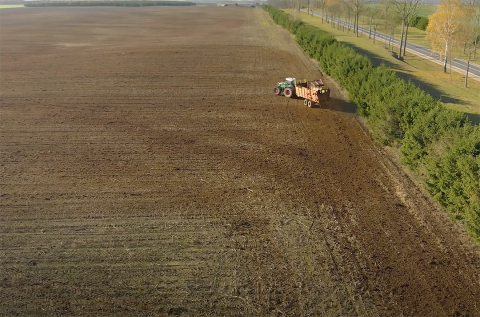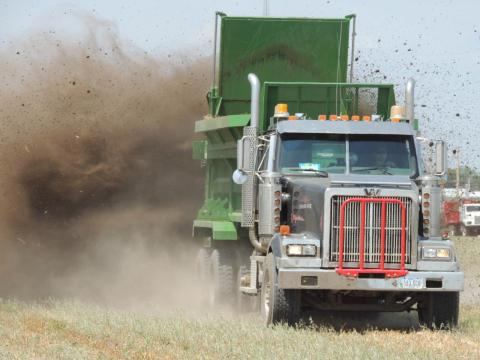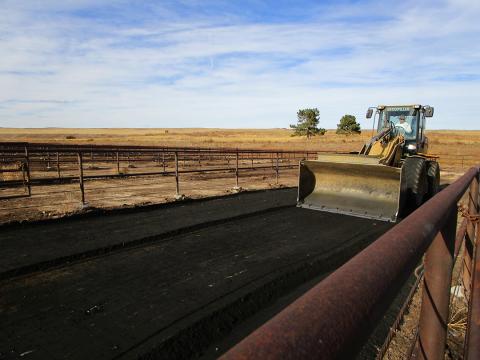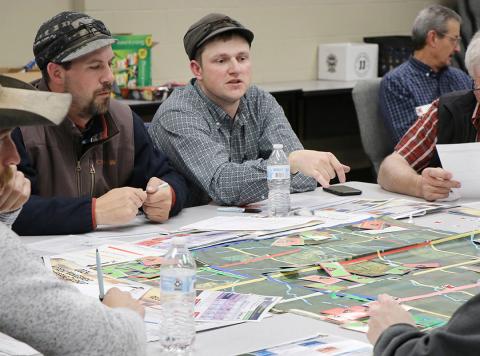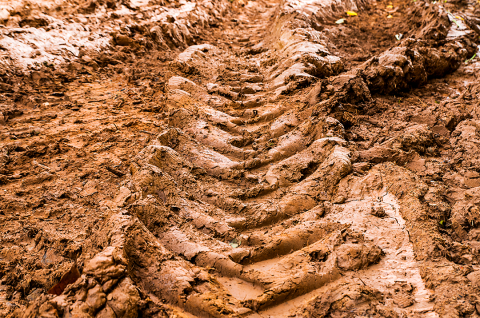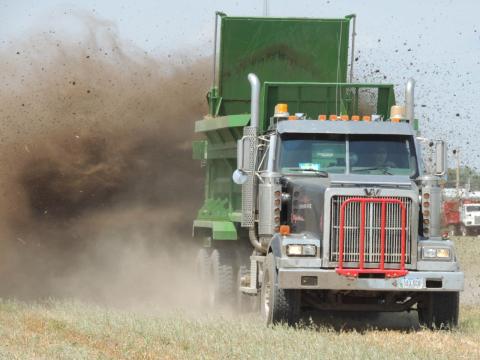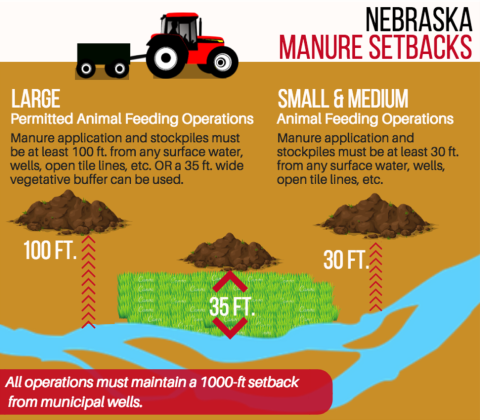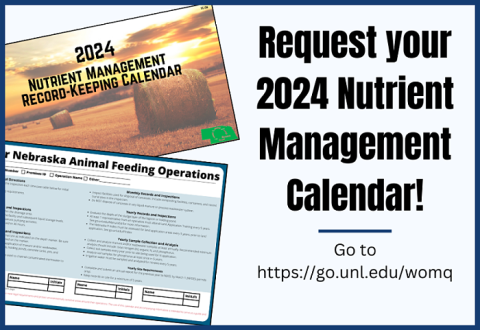From Soil to Swine: How One Nebraska Farmer Found Success in Manure Management
July 11, 2024
For one Nebraska corn and soybean producer, an attempt at expanding operations revolutionized his whole approach to farming. Read more about his experience here.
Choosing a Manure Application Rate
April 23, 2024
Nebraska Extension shares recommendations on determining a manure application rate that will meet agronomic crop needs while accounting for excess soil nutrients or building soil fertility.
Coal Char Enhances Manure and Soil Management to Improve Crop Production
April 11, 2024
A byproduct of processing sugarbeets, coal char has the potential to optimize soil nutrients and increase crop yields. In this article, UNL researchers share results of a study on incorporating coal char amendments into corn and dry bean cropland.
‘Manure Better’ Workshop Focuses on Correct Application and its Impact
April 4, 2024
Attendees of the Manure Better workshop delved into multiple hands-on activities, from calculating and calibrating manure applications to looking at the nutrients and crop needs.
The Soil Health Exchange: Addressing Waterlogging Issues with Soil Health Management
January 30, 2024
Fields with diverse soil types can pose distinct challenges in water management, especially under pivot irrigation. In this article, UNL experts review factors that contribute to waterlogged soil and several practices that can improve drainage issues.
Manure Programming Coming to a Location Near You
January 17, 2024
Turning manure nutrients into better crop yields while protecting the environment will be the focus of seven Nebraska Extension workshops held across the state this February and March.
Tips for Winter Manure Application
December 15, 2023
Manure application during winter can be a difficult management decision. Consider these points while planning where, when and how to apply manure.
Nebraska Extension Releases 2024 Nutrient Record-keeping Calendar
December 13, 2023
The nutrient management calendars can help producers keep records of manure handling and the weather that affects its application on the land, as well as yield and fertility records for those fields.
